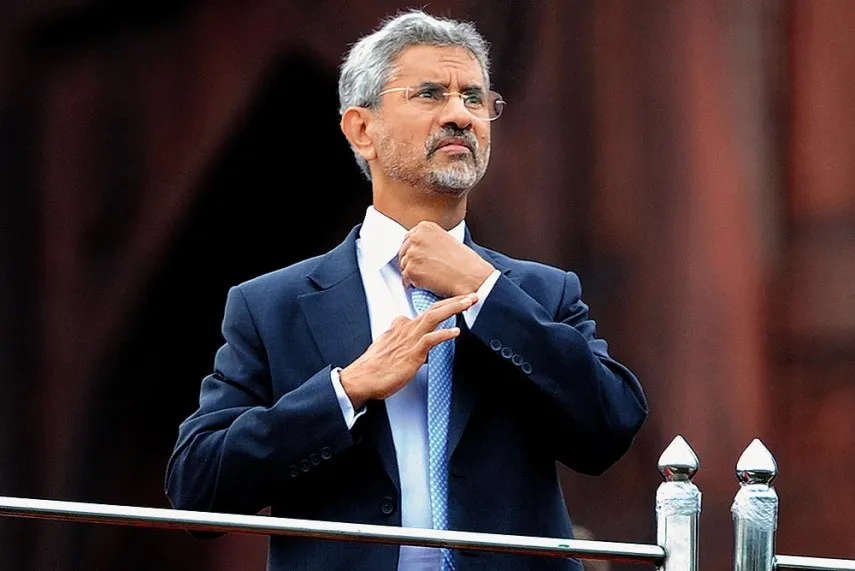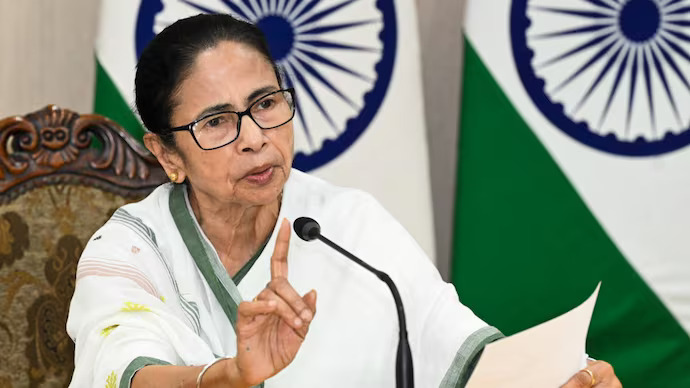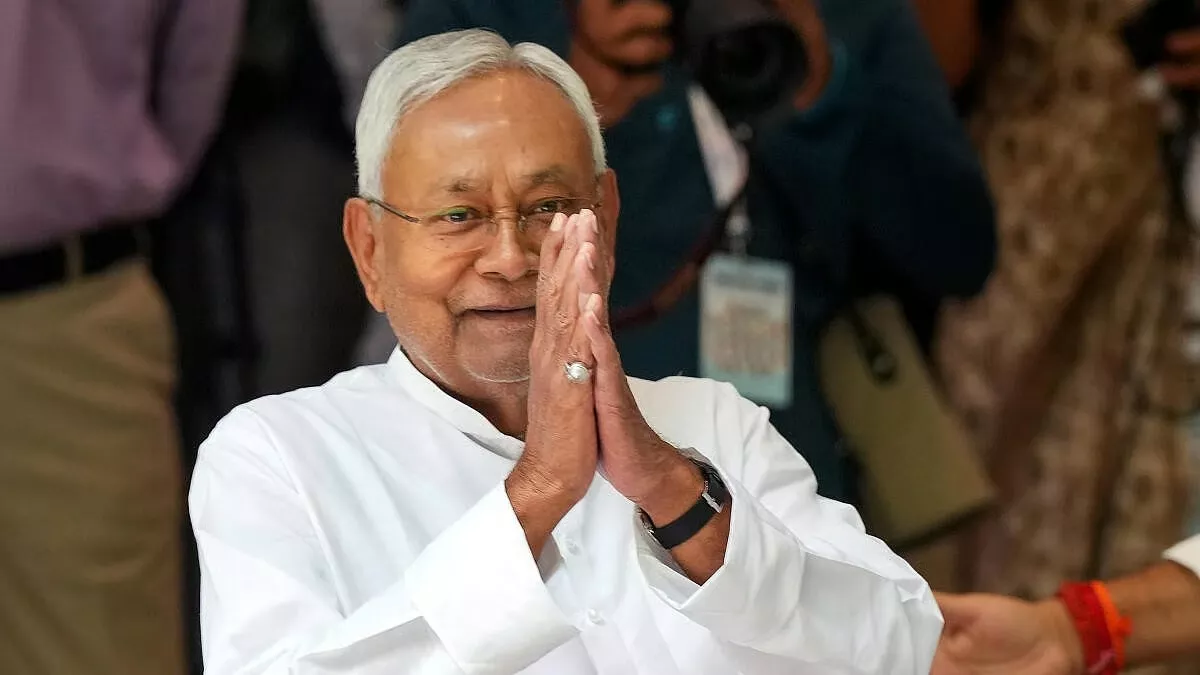India’s External Affairs Minister, Dr. S. Jaishankar, has strongly condemned the recent Pahalgam terror attack, calling it a sinister attempt to instill fear among civilians and to sow seeds of religious discord. Addressing the growing security concerns in Jammu and Kashmir, Jaishankar emphasized that such acts are not just targeted assaults, but part of a larger narrative intended to disrupt harmony and communal peace.

Calculated Attempt to Instill Fear and Disrupt Communal Harmony
The terrorist ambush in Pahalgam, which claimed the lives of several security personnel and injured many others, has sparked national outrage. According to Jaishankar, the attack was not just a tactical strike, but a psychological operation—a well-planned attempt to incite fear among the people and disturb the religious fabric of the nation.
He asserted that such attacks are designed to provoke emotional and communal responses, thereby weakening India’s internal unity. “This is about creating a fear psychosis and dividing communities,” Jaishankar remarked during a media interaction.
The statement underscores the Indian government’s long-standing position that cross-border terrorism is being used as a tool by adversarial forces to destabilize peace in Jammu and Kashmir.

Political and Strategic Implications of the Pahalgam Attack
The Pahalgam incident comes at a critical juncture—amid the ongoing efforts to restore peace and normalize life in the Valley. Dr. Jaishankar highlighted that these attacks are aimed at stalling developmental progress and peacebuilding efforts.
Notably, this isn’t the first time such motives have been attributed to terror attacks in the region. Experts suggest that the rise in targeted attacks could be linked to upcoming political developments, such as elections or international dialogues on Kashmir.
Security analysts believe that sowing religious discord serves a dual purpose: to divide the local population and to present a distorted image of unrest in India on global platforms. Jaishankar’s strong words are a clear signal that the Indian government recognizes and is addressing this dual threat.

Optional Subheading: Government’s Response and Security Measures Post-Attack
In response to the Pahalgam ambush, security has been significantly heightened in sensitive regions of Jammu and Kashmir. The Ministry of Home Affairs has deployed additional paramilitary forces and implemented advanced surveillance systems to ensure such incidents are not repeated.
Dr. Jaishankar also emphasized the importance of counter-radicalization efforts, community engagement, and international cooperation to curb the roots of terrorism.
He further stated that India will not bow to terrorism and will respond firmly to any attempts to disrupt peace and unity.
“We are working closely with international allies to expose the forces behind such attacks,” Jaishankar added.
Conclusion: A Unified Call Against Terrorism
The Pahalgam terror attack is a stark reminder of the persistent threats India faces from hostile elements determined to shatter its communal harmony. As reiterated by Dr. S. Jaishankar, India must stand united, not just in mourning, but in resilience and proactive defense.
The government’s multi-pronged approach—combining diplomatic, military, and community-based strategies—will play a crucial role in preserving peace in Jammu and Kashmir. Citizens are urged to remain vigilant, reject divisive narratives, and support the nation’s stand against terror.
If you found this article insightful, share it with your friends and help spread awareness. Explore our related articles on security, terrorism, and India’s foreign policy.









